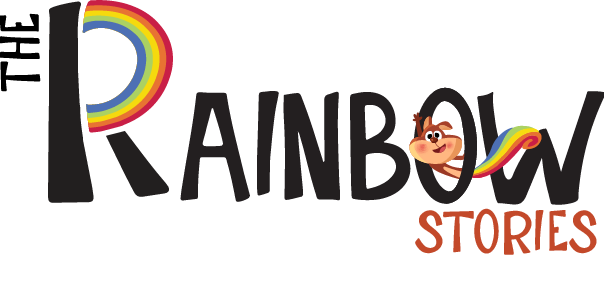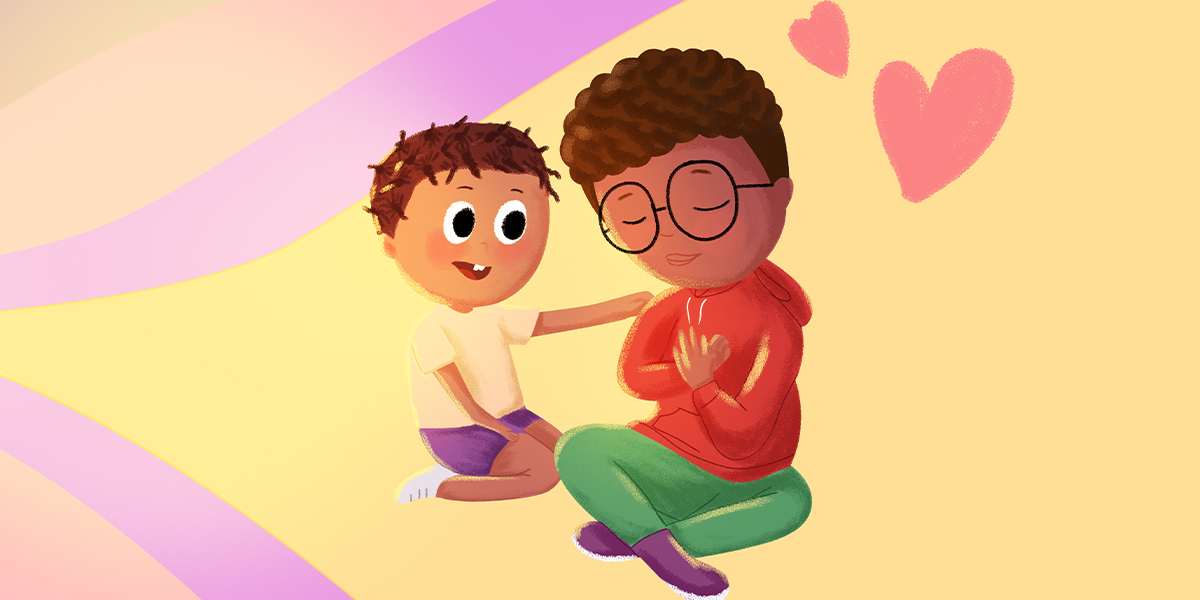In early childhood development, Personalized kid Books transform reading time into a magical, immersive experience where the child becomes the hero. Featuring customized characters, vibrant illustrations, and interactive elements, these books capture young attention while enhancing literacy and emotional growth.
When the child’s name and family appear in the story such as in personalized children’s books with family names—the power of personalization deepens connections and boosts self-esteem.
Experts consistently praise the benefits of personalized books for improving vocabulary, focus, and a lifelong love of reading. Discover why these enchanting personalized stories rank among the best personalized children’s books for nurturing young minds.
1. Enhanced Engagement & Attention
Personalized kid Books grab children’s interest immediately since they feature their own name and likeness. Scientific American notes that children show more smiles, laughter, and vocal involvement when reading personalization-based content. This increased attention lays the foundation for deeper learning.
2. Accelerated Vocabulary Acquisition
Reading experiences tied to a child’s context—and seen in Personalized kid Books can significantly boost word retention. A 2014 study revealed preschoolers showed “significantly better knowledge” of words embedded in personalized sections compared to generic ones. This benefit is a key outcome in the benefits of personalized books.
3. Stronger Early Literacy Foundations
When children are invited to “see themselves” in stories, they tend to develop reading confidence faster. Wonderbly reports that personalization can put kids up to three years ahead in reading age thanks to early recognition of self in text. A solid early literacy base sparks lifelong skills. For parents exploring options, browsing a trusted children’s storytelling platform like The Rainbow Stories can provide a wide range of personalized book ideas.
4. Boosted Self-Esteem & Identity
The power of personalization extends beyond academics. Children feeling like story protagonists experience enhanced self-esteem and identity affirmation. The Rainbow Stories confirms that Personalized kid Books reflecting self-image significantly increase confidence. This emotional uplift helps their overall growth. Parents who want to go further can explore custom story keepsakes available in guides like this personalized baby memory resource.
5. Emotional Intelligence & Empathy
While children see themselves in stories, they also learn empathy and social awareness. Letterfest emphasizes that personalized children’s book content celebrates family diversity and encourages reflection on others. When kids see their name alongside siblings or parents, the sense of shared experience deepens.
6. Cognitive Skills & Problem-Solving
Personalized narrative environments—like those in top Personalized kid Books stimulate curiosity and contextual thinking. LionStory outlines how tailored prompts and familiar settings strengthen cognitive frameworks, aiding problem-solving and logical development.
7. Improved Memory Retention
Linking new words to one’s own name and story aids memory consolidation. Studies from LionStory and Librio show personalized narratives enhance memory recall and behavioral involvement. The benefits of personalization extend well into comprehension.
8. Family Bonding Through Shared Reading
Reading personalization fosters moments of connection as families read pages with personalized children’s books with family names. The familiar shared context strengthens emotional bonds. Personalized reading encourages dialogue, discussion, and lasting memories around the bedtime routine.
9. Representation & Inclusivity
Personalized kid Books that allow character customization bridge empathy gaps and support underrepresented groups. Librio’s research reveals children—especially those from diverse backgrounds gain higher attention and verbal engagement from representation efforts. This inclusivity illustrates one of the most meaningful benefits of personalized books.
10. Love of Reading That Lasts
Personal connection breeds motivation; kids are more inclined to pick up a book featuring themselves. Wonderbly notes that personalization nurtures consistent reading habits, encouraging deeper literary exploration over time. This sets the stage for lifelong reading joy.
Bonus: Better Bedtime Routines
While not always highlighted, Personalized kid Books make bedtime more engaging and comforting. Scientific American reports children involved in personalized bedtime stories show increased relaxation, mirroring the comfort of being “center stage” in a predictable story. These routines improve sleep behavior through familiarity and emotional regulation.
How to Choose the Right Book
- Focus on best personalized children’s books lists, as they pre-label top-quality picks for design and storytelling.
- Choose titles that customize family names, encouraging sibling and parental inclusion.
- Look for diverse art styles that mirror your child’s identity.
Conclusion
Personalized kid Books harness the power of personalization to deliver profound developmental benefits from vocabulary gains to emotional bonding. Research shows that children read personalized books with significantly more smiles, laughter, and vocal engagement than non-personalized or even favorite books. These stories also support stronger word acquisition: preschoolers demonstrated “significantly better knowledge about the words…in the personalized sections”.
Moreover, the improved attention and motivation seen in early childhood reading sessions help foster emergent literacy—the foundation of lifelong learning. While tailored storytelling doesn’t automatically teach morals, it undeniably enhances engagement and memory retention.
For parents and educators seeking truly effective, best personalized children’s books, these findings offer compelling support: making a child the hero of their own tale is a powerful way to build language, confidence, and family connection. In short, personalized stories offer lasting value—not just as keepsakes but as meaningful developmental tools.







